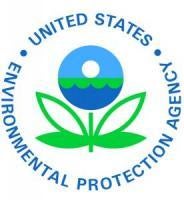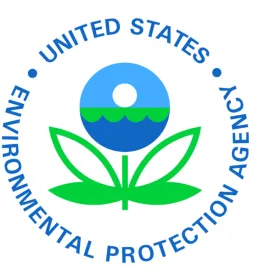Today, the U.S. Environmental Protection Agency (EPA) announced $1.7 million in funding to 16 small businesses across the country to develop new technologies that protect the environment while growing the American economy.
“EPA is providing small businesses with financial support to develop innovative technologies that will address urgent environmental and public health needs across the nation,” said EPA Acting Administrator Andrew Wheeler. “This year, we are encouraging the development of a variety of new technologies, including innovations to help address PFAS and improve water quality nationwide.”
The contracts announced today are funded through EPA’s Small Business Innovation Research (SBIR) program, which encourages the development and commercialization of novel technologies that support EPA’s mission to protect human health and the environment. The small businesses that are being funded are working on a wide range of topics including water quality, air quality, land revitalization, homeland security, manufacturing, and construction materials.
EPA is awarding 17 phase I contracts to 16 small businesses for up to $100,000 for six months. Phase I recipients are eligible to apply for a phase II contract, which will help commercialize the technology that was conceptualized in phase I. A phase II contract can fund these companies with up to $300,000 to develop their environmental technology for the marketplace.
The following companies are receiving a phase I SBIR contract:
-
GO Lab Inc., Belfast, Maine, to formulate and test an entirely wood-based exterior insulation board for the high-performance building market.
-
DMax Plasma LLC, Potsdam, N.Y., to develop a competitive remediation technology to chemically reduce Per- and Polyfluoroalkyl Substances (PFAS) in contaminated water quickly.
-
Vergason Technology, Inc., Van Etten, N.Y., to create a green process for manufacturing plastic chrome.
-
AAPlasma LLC, Feasterville-Trevose, Pa., to develop a water filtration technology that can remove PFOS and PFOA from water, and can be used indefinitely and requires only electricity to operate.
-
QMetry Corporation, Lexington, Ky., to create a novel remediation technique using oxidation for PFAS contaminated soil and sediment.
-
Nutter & Associates, Inc., Athens, Ga., to identify plant species best suited for remediation of PFAS in soil though plant roots.
-
Mainstream Engineering Corporation, Rockledge, Fla., to create a technology to remove PFOA and PFOS from drinking water efficiently and cost effectively.
-
METSS Corporation, Westerville, Ohio, to design a system to mitigate issues with chemical permeation and water quality with current water pipe materials.
-
METSS Corporation, Westerville, Ohio, for two technologies that are intended to decontaminate Category A viruses on porous surfaces and sensitive equipment.
-
Resinate Materials Group, Inc., Plymouth, Mich., to reduce halogenated flame retardant use in construction spray foam.
-
Framergy Inc., College Station, Texas, to develop a combined methane and VOC (volatile organic compound) capture technology that can be used at well sites, natural gas facilities, storage sites, and transmission facilities to reduce emissions.
-
Accurate Environmental Laboratories, Stillwater, Okla., to develop standardized sampling methods for PFAS in soils and sediments.
-
XIMAX Technologies Corporation Ltd, Colorado Springs, Colo., to create a green rooftop system for commercial buildings with superior energy efficiency.
-
Bridger Photonics, Inc., Bozeman, Mont., to create a sensor that uses 3D imagery to discover leaks and other changes to infrastructure and pipelines to mitigate the loss of oil and gas as they move through the supply chain.
-
Seacoast Science, Inc., Carlsbad, Calif., to develop innovative broad-spectrum analysis methods for PFAS that will simplify PFAS analysis, reduce cost-per-sample, and allow portability to remediation sites.
-
Altex Technologies Corporation, Sunnyvale, Calif., to create a process to produce renewable, toxic-free, low-energy, low cost bioplastics.
-
Intelligent Optical Systems, Inc., Torrance, Calif., to create greener, degradable plastics with a high heat tolerance, produced from bio-based feedstock.
More information about these SBIR contracts can be found at: https://cfpub.epa.gov/ncer_abstracts/index.cfm/fuseaction/recipients.display/rfa_id/644/records_per_page/ALL
More information about EPA’s SBIR program can be found at: www.epa.gov/sbir
View the original article at https://www.epa.gov/newsreleases/epa-awards-17-million-small-businesses-develop-innovative-technologies




 />i
/>i

